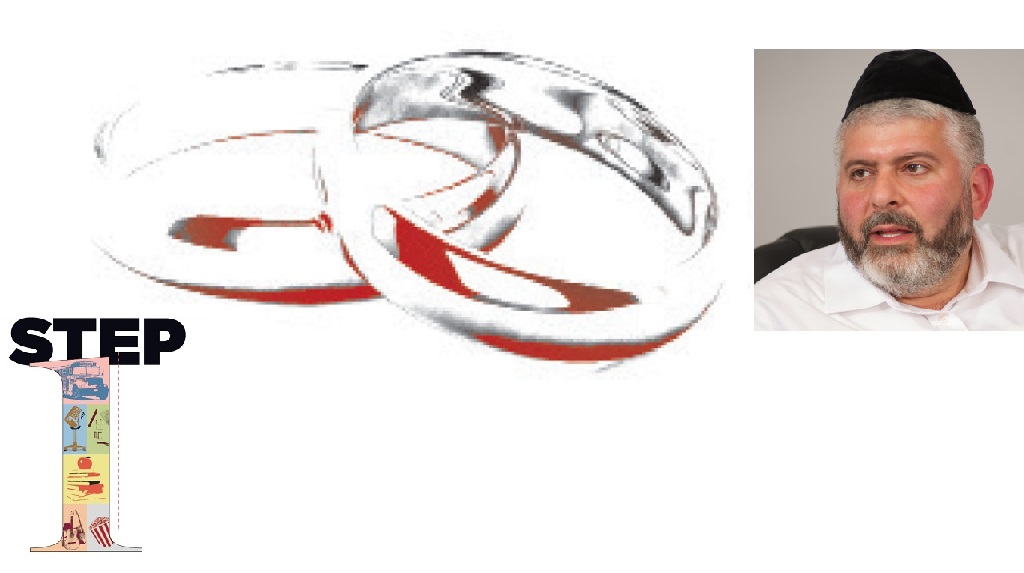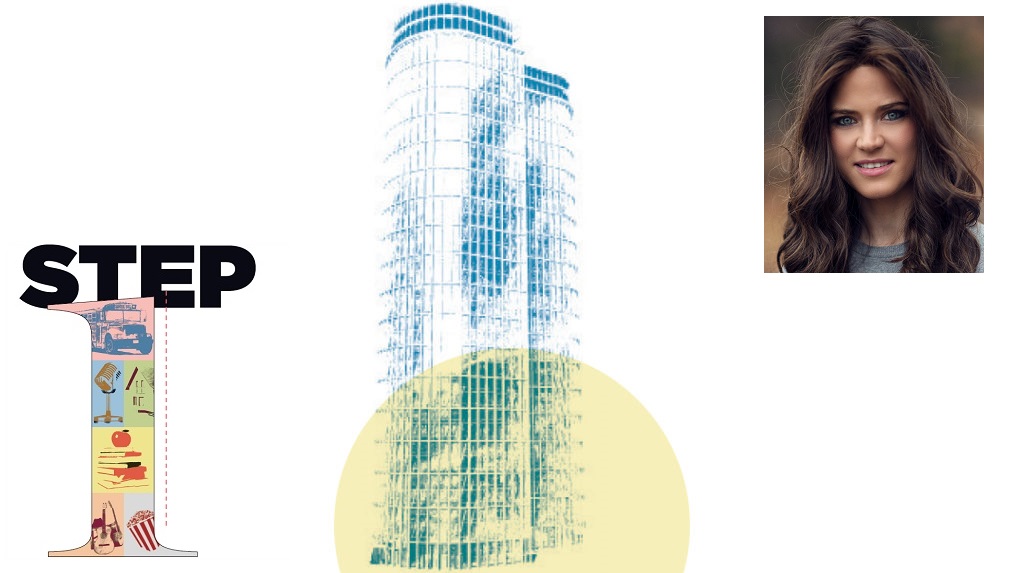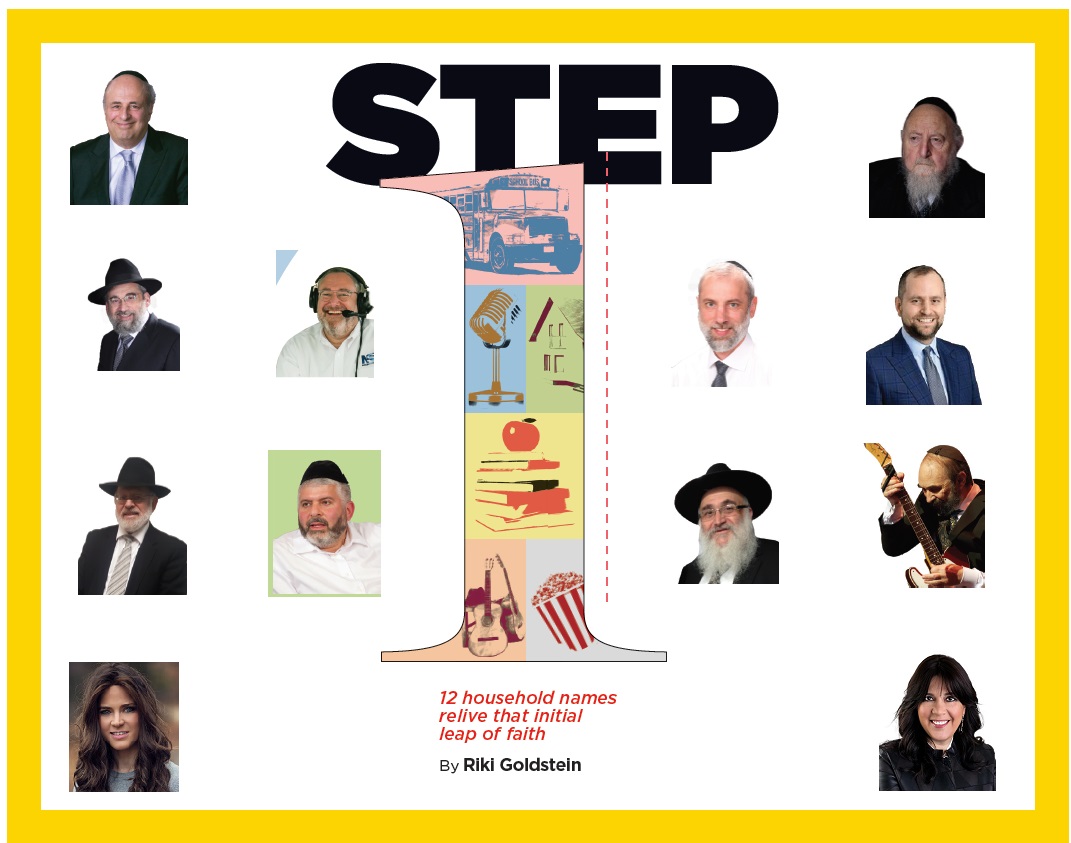First Date, Broken Plate
| September 29, 2020Today they’re household names, but it started with a leap of faith: "I’d go over to one or two guys a night, introduce myself, and just say, 'Hi, I’m a shadchan, can I help you?' ”

In 1994, about three years after I got married, a friend of mine, Ezriel Munk, came over to me and said, “You have to get more people involved in doing shidduchim.” We decided to put together a few guys, take on the title “shadchan,” and meet every two weeks for a shidduch meeting, although initially, we didn’t even know what we were meeting about. I don’t think that any of the others from that original group remained active in shidduchim.
Beth Medrash Govoha was much smaller then, and I used to come to Maariv in yeshivah, in the simchah room of the Rivington, at 10:45, and try to guess who was a bochur. I’d go over to one or two guys a night, introduce myself, and just say, “Hi, I’m a shadchan, can I help you?” I’m a people person — I’ve never been afraid of people. If a guy was there for a few nights in a row, I understood that he didn’t have a date, and was probably available. If I had an idea after I’d spoken to him, I’d reach out to his parents and introduce myself, explain that I’d just gotten involved in shidduchim, and when the mother would say, “Why do you think, of all the girls in the world, that this one is right for my son?” I would always try to answer with humor. “Well,” I’d say, “I just stood outside in the dark and threw a dart across the entire world, and it fell on this house…”
I’d actually made one shidduch before I started — my sister to my best friend — but the irony was that once I was officially a shadchan, the first few shidduchim I made were not for Lakewood bochurim, but for Ner Israel guys I knew from my wife’s hometown of Baltimore. The pool of girls I knew of was originally small, comprising some who my wife knew, and others from our family connections.
Once shidduchim started happening, I started to get phone calls from girls’ parents. All it takes to spread a shadchan’s name is word of mouth, because when people come to a vort they ask who the shadchan is, and then the calls start coming. There weren’t too many shadchanim then, but the yeshivah world was also much smaller.
Back then, there was no such thing as a shidduch resume. I had colored sticky notes all over my office with names on them, and if someone gave me a yes, I had to write down all their basic information myself. I don’t think that the dating process itself has changed though, although it’s impossible to generalize, because every couple is different. Today there are so many more people who need to get married, but there are not that many more shadchanim. I understand that people are reluctant to get involved in redting shidduchim, but they have to understand that every shidduch is a miracle. A shadchan has to have a certain flair for people, but Hashem really makes the shidduch. And our success rate is how many people we try to help, not how many shidduchim we make. I will never forget the guy whose daughter got engaged at twenty-nine. In the end, I didn’t make her shidduch, but the father said to me, “You were my wife’s Prozac over the past years, because you kept trying.”
Resumes have made things easier, but at the end of the day, the shadchan still needs to sell a shidduch — a job, an achrayus, and a privilege.
Rabbi Meir Levi is a well-known Lakewood shadchan.
Oops! We could not locate your form.













